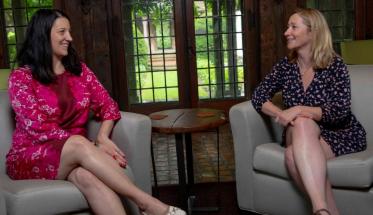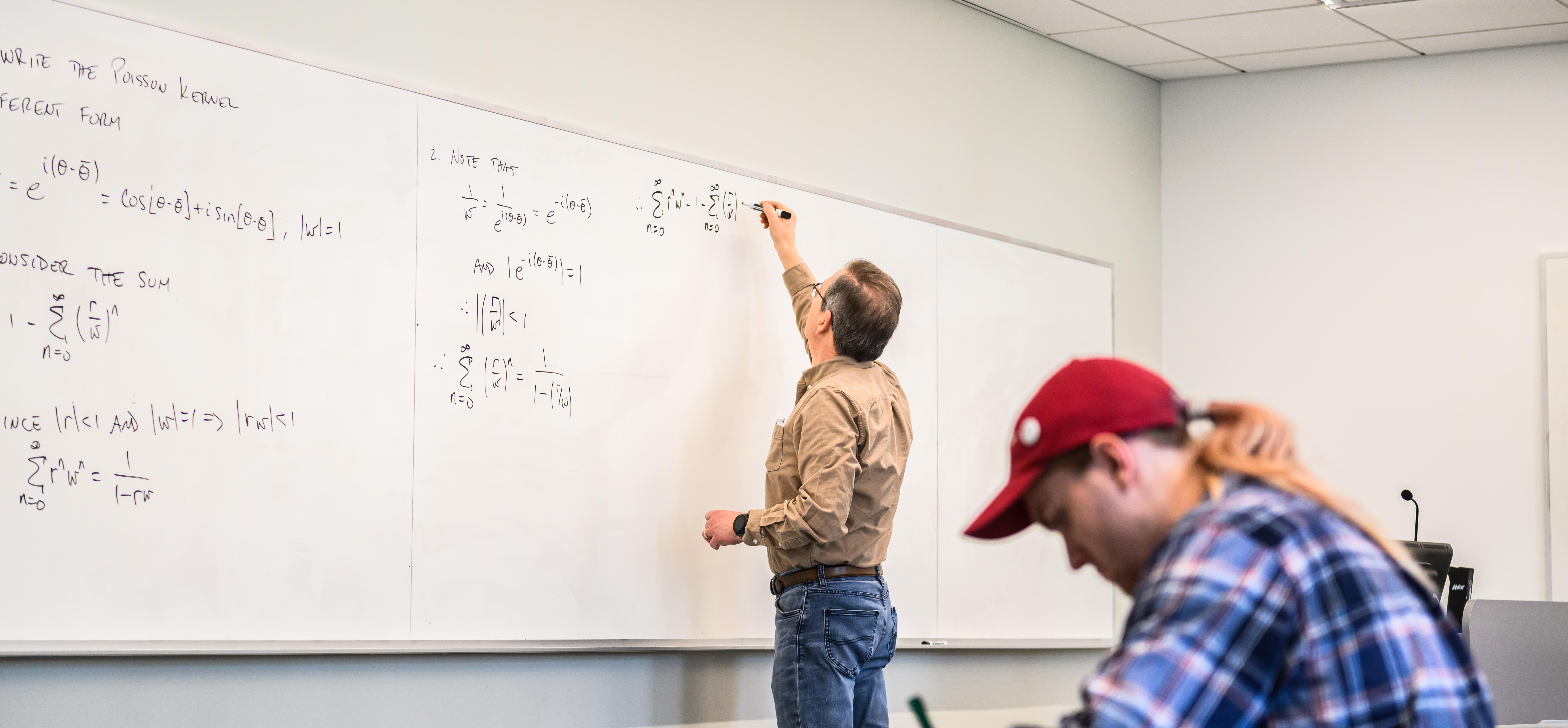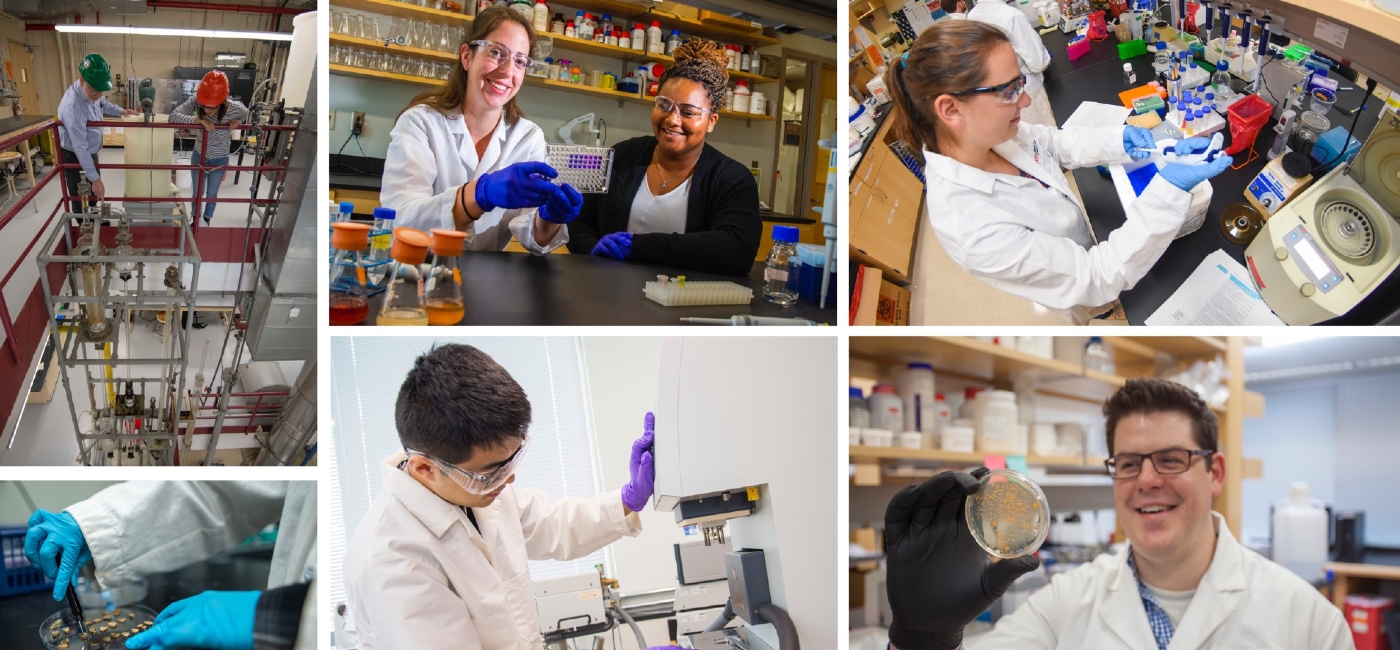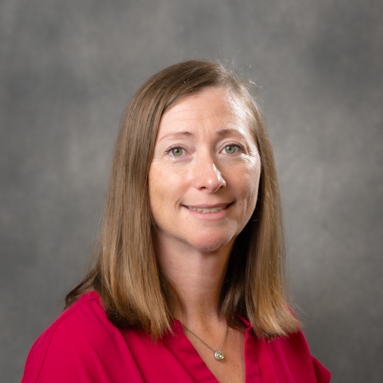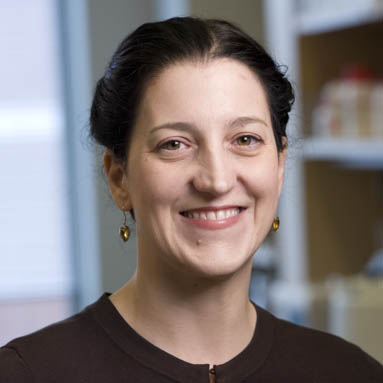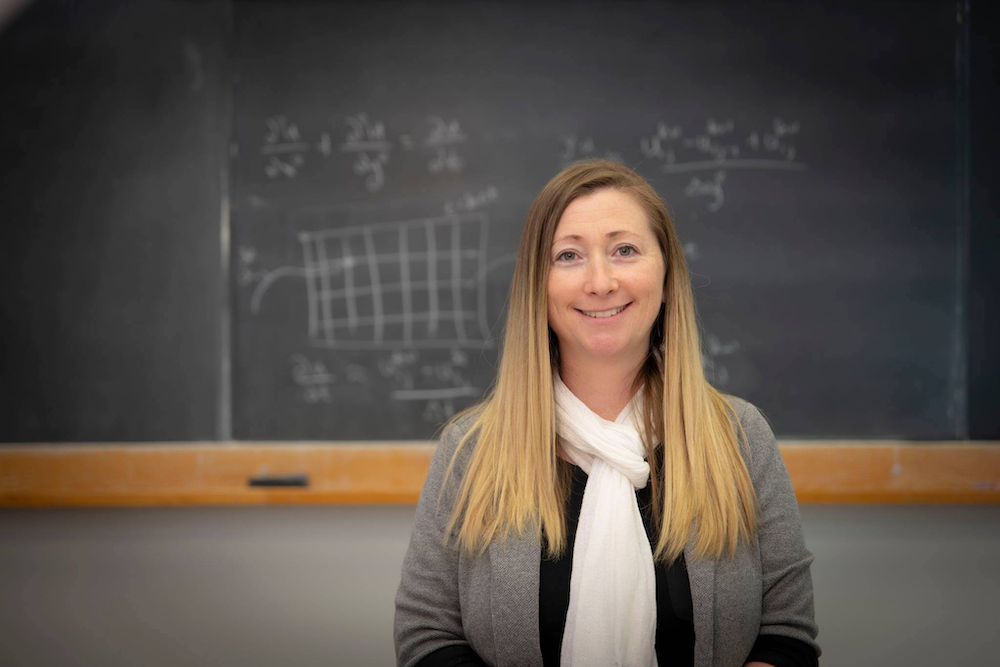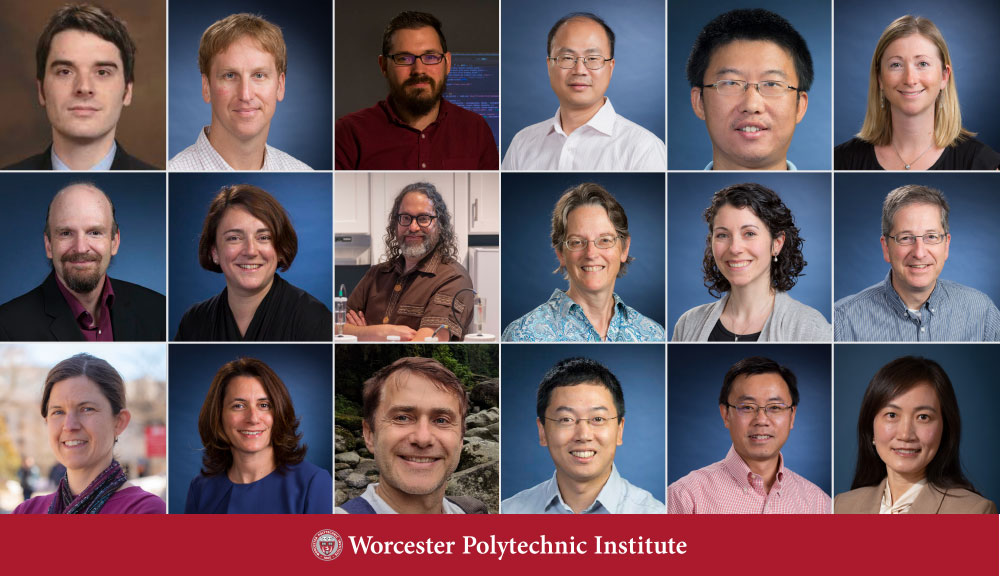Two Worcester Polytechnic Institute (WPI) professors have received grants through the Fulbright Scholars Program to conduct research and scholarship overseas in the current academic year.
Sarah Olson, associate professor of mathematical sciences, received a Fulbright Faculty Scholar Award to conduct research at the Alfréd Rényi Institute of Mathematics at the Hungarian Academy of Sciences from February to May 2019. She will focus on developing algorithms that can simulate the movement of human sperm.
Terri Camesano, professor of chemical engineering and dean of graduate studies, received a grant through the Fulbright International Education Administrators Program and the Fulbright France IEA (International Education Administrators) Seminars. Designed for senior-level administrators at American universities, the award will allow her to spend two weeks in October in France, where she will expand her skills in cultural diplomacy and to create connections to better enable WPI graduate students to study in that country.
The new awards bring to 16 the number of current WPI faculty members who have worked or will work abroad with support from the Fulbright program.
The Fulbright Scholars Program, the U.S. government’s prestigious and highly competitive flagship program in international educational exchange, is sponsored by the Bureau of Educational and Cultural Affairs of the United States Department of State. Each year, the program sends 800 U.S. faculty members and other professionals abroad to lecture and conduct research in a wide variety of academic and professional fields.
With her Fulbright award, Olson will continue her research into developing computational techniques that can provide insight into the challenges that sperm encounter on their journey to fertilize an egg. This work is also supported by a five-year CAREER Award from the National Science Foundation (NSF), which she received in 2015.
Olson says she is going to be taking a “different approach” to modeling cell movement, or motility. Asking questions like “how long will it take sperm to reach the egg?” and “how does that time vary in different environments?” she will be spending months developing code to simulate how sperm move and how they interact with different environments within the reproductive tract, and discovering optimal conditions for motility.
She says scientists currently have a highly limited understanding of how sperm navigate to the egg and how they overcome the obstacles they face along the way. A better understanding of sperm motility could help create better treatments for infertility, as well as better methods of birth control.
“No one really knows how the sperm gets to the egg,” said Olson. “If you understand motility, you can think about aiding or restraining the sperm’s movements. With the Fulbright, I will be able to interact with diverse researchers, at the Institute and at local universities, to gain new insight and mathematical intuition related to my biologically driven research questions.”
Olson’s research extends beyond fertility. The mathematical models she is developing for motility behaviors and patterns can be used to describe and predict the movement of other kinds of mobile cells, including cancer cells. For instance, her models could be used to predict how quickly cancer cells spread from a primary tumor. They also could help scientists design microrobots to deliver medicine inside the human body.
Camesano said her grant application was motivated by the fact that WPI PhD students don’t have as many coordinated opportunities to conduct research in other countries as the university’s undergraduates, who participate in professional-level research and design projects in communities around the world. She said she hopes her Fulbright award will help give similar opportunities to WPI’s graduate students.
She will focus on learning about France’s education system and establishing a network of relationships with international colleagues. The experience is designed to give her a better ability to facilitate and encourage WPI graduate students to study abroad. Her program will consist of briefings, campus visits, meetings with government officials and international education professionals, and networking and cultural activities.
Camesano said this visit to France will be the first of many that will be needed to establish the connections and framework necessary to help more WPI graduate students participate in research and study in the country. She said she will be particularly focused on understanding the changes that France’s university structure has undergone in recent years.
“Scholarly exchange is a great way to bring together individuals from different cultures and backgrounds, and it can be a means by which we come to greater understanding, respect, and appreciation for one another as human beings,” she said. “This is going to be amazing for WPI because we’ll have these new connections and experiences that will affect everyone from freshmen on up to PhDs.”
